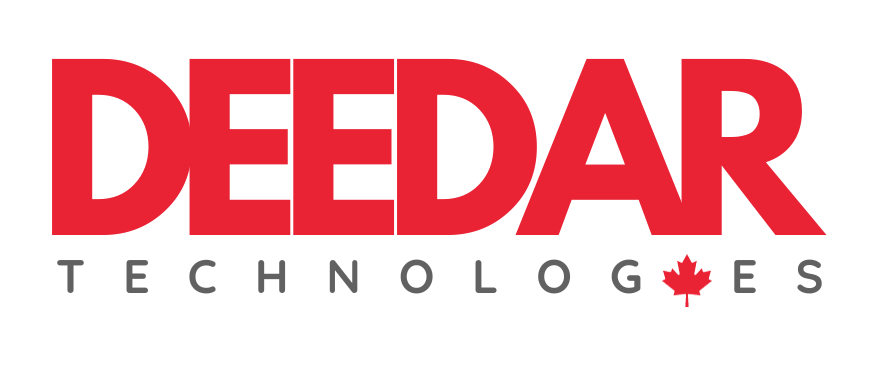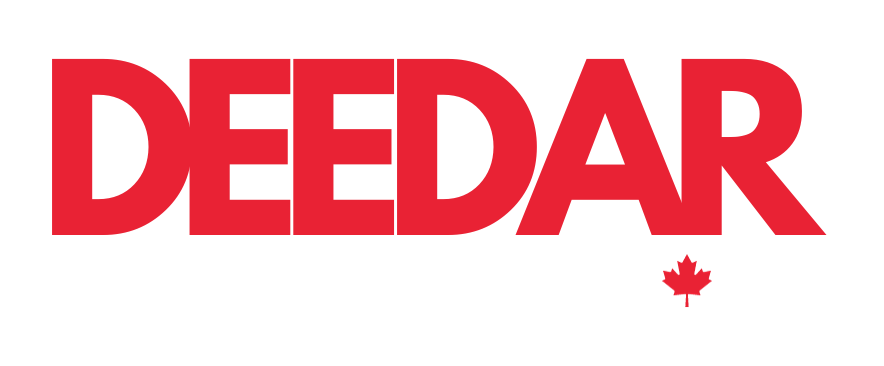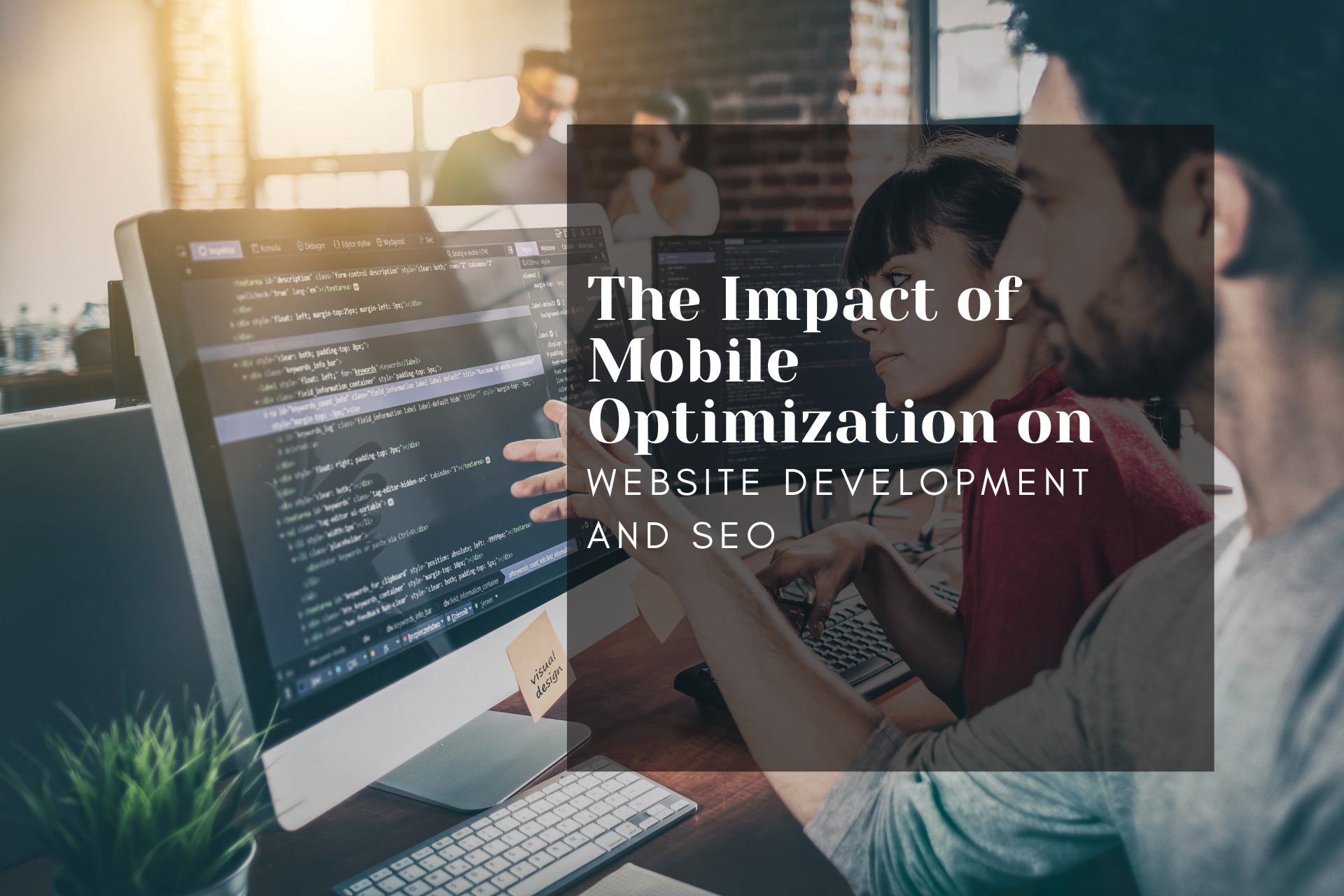If you have a website, you want it to perform well on search engines like Google. But how do you achieve that? The key is optimizing your website’s performance, which involves a combination of technical and content-related factors. In this blog post, we’ll share 10 essential tips for optimizing your website’s performance to rank well on Google.
Conduct Keyword Research
Keyword research is the foundation of any SEO strategy. It involves identifying the keywords and phrases that your target audience is searching for and then optimizing your content around those keywords. Use tools like Google Keyword Planner or SEMrush to identify relevant keywords and phrases for your website.
- Optimize Page Titles and Meta Descriptions
Your page titles and meta descriptions are critical elements that influence your website’s click-through rate (CTR) on search engine results pages (SERPs). Ensure that your page titles and meta descriptions are clear, concise, and accurately describe the content of the page.
- Use Header Tags (H1, H2, H3)
Header tags (H1, H2, H3, etc.) help structure your content and make it more readable for both users and search engines. Use them to break up your content into logical sections and to highlight important information.
- Improve Website Speed
Website speed is a crucial factor in determining your website’s search engine rankings. Use tools like Google PageSpeed Insights or GTmetrix to identify and fix any issues that are slowing down your website.
- Optimize Images
Images can significantly impact your website’s load time. Optimize your images by compressing them, reducing their file size, and using the correct file format (JPEG, PNG, etc.). Don’t forget to use descriptive alt tags and file names to help search engines understand what the image is about.
- Use Internal Linking
Internal linking is the practice of linking to other pages on your website from within your content. This helps search engines understand the structure of your website and how different pages are related to each other.
- Write High-Quality Content
High-quality content is critical for engaging users and attracting links from other websites. Ensure that your content is informative, well-written, and adds value to your audience. Use relevant keywords and phrases in your content, but avoid keyword stuffing.
- Build Backlinks
Backlinks are links from other websites that point to your website. They are a critical factor in determining your website’s authority and rankings on search engines. Build backlinks by creating high-quality content that other websites will want to link to, or by reaching out to other websites to request a link.
- Use Social Media
Social media can be a powerful tool for promoting your website and increasing its visibility. Share your content on social media platforms like Facebook, Twitter, and LinkedIn, and encourage your followers to share it as well.
- Regularly Monitor and Improve
Finally, regularly monitor your website’s performance and make adjustments as necessary. Use tools like Google Analytics to track your website’s traffic, rankings, and other important metrics. Use the data to identify areas for improvement and make changes to your SEO strategy accordingly.
Frequently Asked Questions (FAQs)
Q: What is website performance optimization?
A: Website performance optimization is the process of improving your website’s speed, user experience, and search engine ranking.
Q: Why is website performance optimization important?
A: Website performance optimization is important because it can improve user experience, engagement, and conversions, as well as boost your search engine ranking.
Q: How can I optimize my website’s performance?
A: You can optimize your website’s performance by optimizing images and videos, using a Content Delivery Network
Conclusion
In conclusion, optimizing your website’s performance is essential for a successful online presence. By implementing these 10 essential tips, you can boost your website’s speed, user experience, and search engine ranking. Don’t let a slow-loading website hurt your business – take action today to optimize your website’s performance. And if you need help with website optimization, contact Deedar Technologies, a trusted provider of web development and optimization services.



